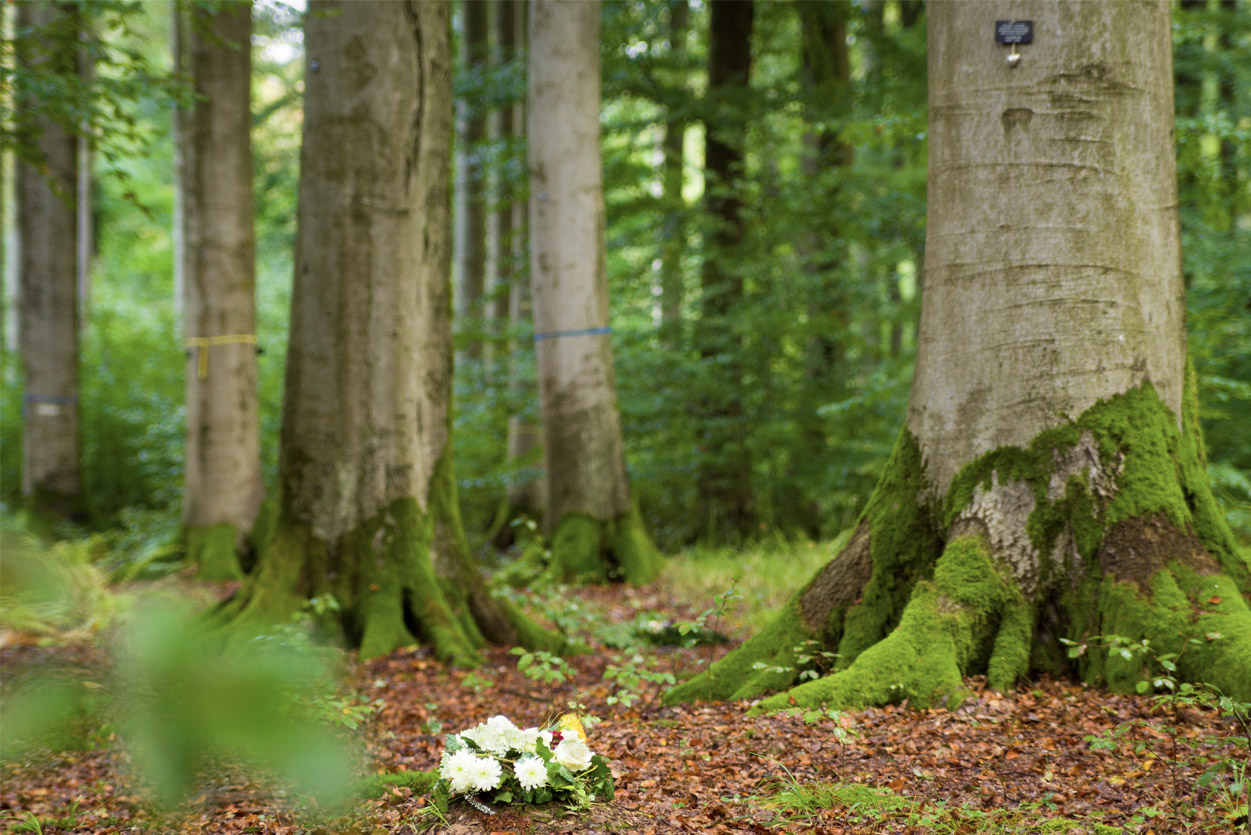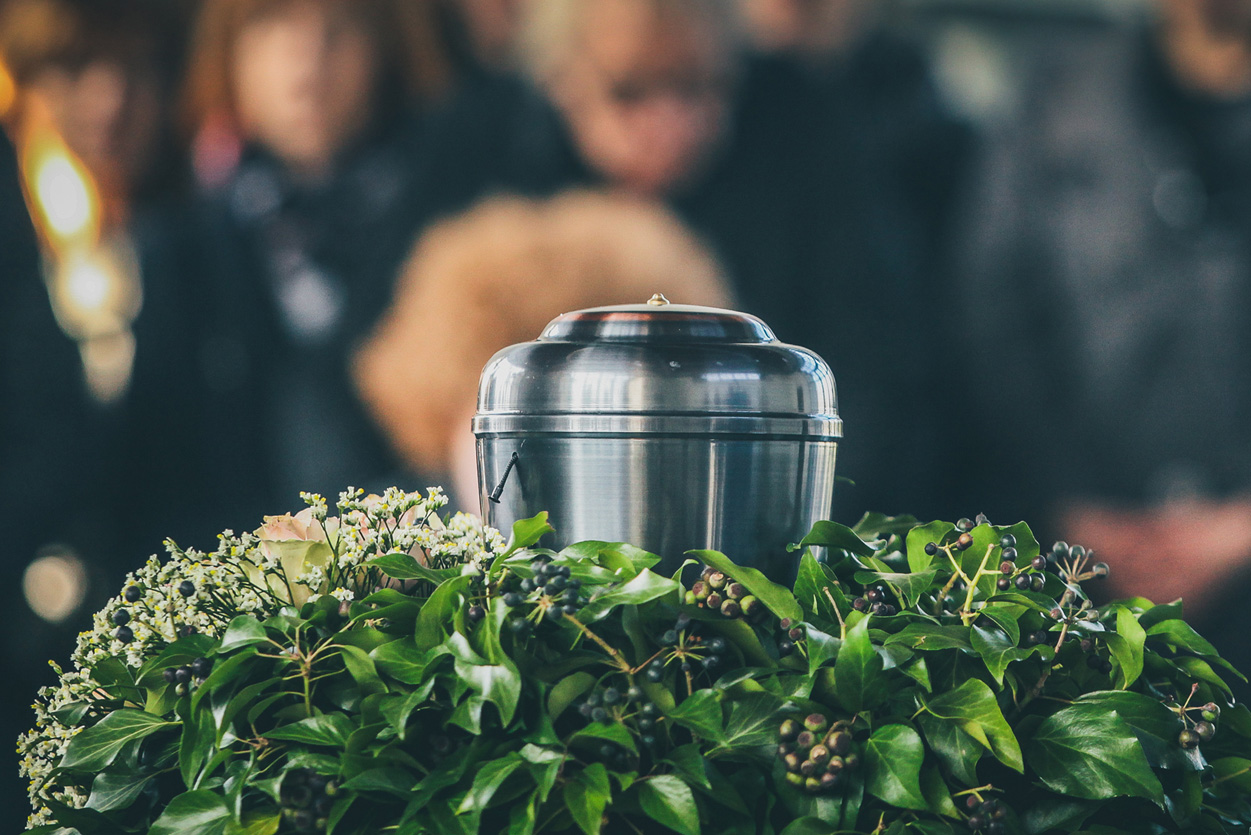The horrendous shootings in Orlando that recently killing 49 and injuring 53 innocent people was responded with the dispatch of over 15 ‘comfort dogs’ trained to provide affection and comfort to people in disaster areas, hospices, nursing homes etc. Research has shown that using animals in bereavement counselling encourages the grief process, with findings that people open up to animals more than therapists.
Comfort dogs play a large part in grief support therapy and bereavement counselling, providing comfort for family members following the death of a loved one.
When you lose someone close to you at times the emotional pain can be so intense and overwhelming that you think that feeling will never end, you cannot see how you could ever be happy again or continue with life. The hurt and pain can seem so personal, this is something which has happened to you and nobody else, but it does help to keep reminding yourself that however hard and painful it is to bear the loss of a loved one, it is nevertheless part of life, it will happen to everyone at some stage or another.
Anyone who has been bereaved will know that your feelings can change very quickly from one minute to the next. One minute you may feel you are coping and the next dragged back into the depths of despair feeling there is no point in going on, a point when people have taken comfort in animals.
The reality is that grief does run its course and although it does not feel like it – time is a healer – and if you allow yourself to grieve you should get to a stage where you can remember the person who has died and focus on the good memories. You can still miss the person terribly – but it won’t be affecting your every day life or stopping you from moving on with your own life. When you get to that stage, yes there will be sadness when you remember your loved one but the enormous feeling of pain will have faded.
You may feel angry at the person who has died for leaving you on your own – you may feel guilty at having wished the person would die in cases for instance of a severely ill person who was suffering pain and a poor quality of life – these are perfectly normal feelings to have and try and express how you feel rather than keep those feelings inside you.
Everyone’s reaction to grief is different, many people who are bereaved want to talk and want to cry and this should be encouraged – if you are in a situation where you do not have people in your life to talk to there are helplines, animal therapists and counsellors who will allow you to talk and help you to grieve.
Coming to terms with a death – is that you may not have had time to say goodbye and all the things you wanted to say. To move on you need to allow yourself to say these things. Some people find it helps to go to a quiet place – maybe somewhere you know the person who has died would have liked and to speak out loud as if the person was there about everything you would have liked to have said before the person died – or some people find it helps to write a letter to the person who died and include in it everything they wanted to say. Find whatever way suits you which enables you to say everything you would have liked to have said but didn’t.







